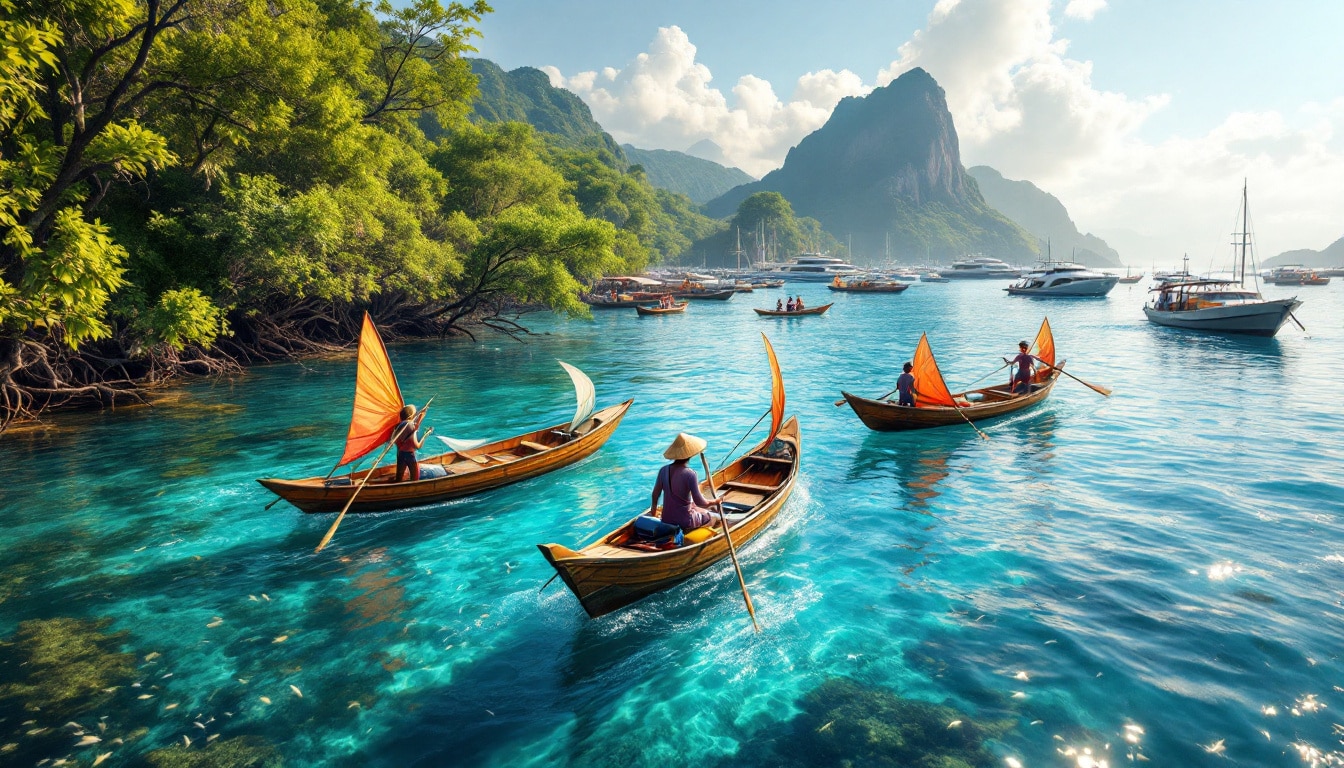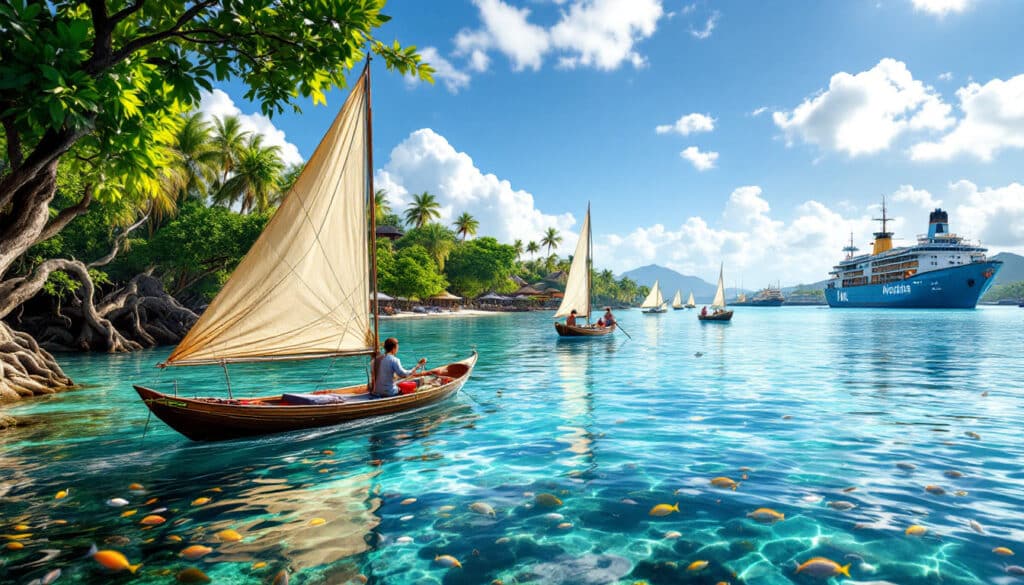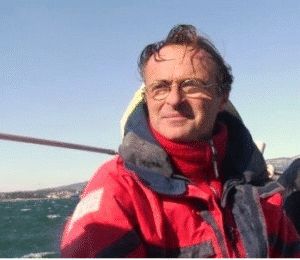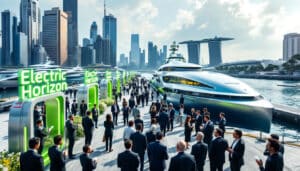We use cookies and data to provide and maintain our Google services. We monitor interruptions and protect against spam, fraud, and abuse. We measure audience engagement and site statistics to understand the use of our services and improve their quality.
If you choose to accept all, we will also use cookies and data to develop and improve new services, deliver and measure the effectiveness of ads, and display personalized content based on your settings. If you reject all, we will not use cookies for these additional uses. Non-personalized content is influenced by the content you are currently viewing, activity in your active search session, and your general location. Personalized content and ads may include more relevant results, recommendations, and tailored ads based on your previous activities on this browser, such as your past Google searches. We also use cookies and data to tailor the experience to be age appropriate, if necessary. Select “More options” to see additional information, including details on managing your privacy settings. You can also refer to privacy tools at any time.

Table of Contents
ToggleWhat is the blue economy and why is it important for Indonesia
The blue economy represents an integrated approach to sustainably harnessing marine resources to promote economic growth, job creation, and environmental preservation. For Indonesia, the world’s largest archipelago with over 17,000 islands, the blue economy is crucial for its maritime prosperity and the well-being of its population. The vast Indonesian coastline offers immense potential in terms of fishing, aquaculture, renewable energy, maritime transportation, and coastal tourism.
By investing in the blue economy, Indonesia can not only diversify its economy but also reduce its dependence on traditional sectors. This also helps to meet the growing needs for employment support and regional development, especially in coastal areas where the majority of the population resides. Furthermore, the blue economy promotes the preservation of essential marine ecosystems, thereby ensuring the sustainability of resources for future generations.
The Indonesian government has recognized the strategic importance of the blue economy and has implemented various policies and initiatives to support its development. These efforts aim to encourage private investment, strengthen local capacities, and promote research and innovation in the maritime sector. Moreover, Indonesia actively engages in international partnerships to share knowledge and technologies, thus reinforcing its position in the field of the blue economy.
Additionally, the regional geopolitical context plays a significant role in the evolution of the blue economy in Indonesia. Tensions such as attempts to reduce China’s maritime influence influence Indonesia’s strategies to secure its waters and resources. By adopting a proactive approach, Indonesia aims to create a stable and prosperous maritime environment that benefits the entire nation.
What are the main challenges Indonesia faces in developing its blue economy
The development of the blue economy in Indonesia is hindered by several major challenges that require concerted attention from policymakers and stakeholders. One of the main obstacles is the insufficiency of maritime infrastructure. Despite its vast coastline, many coastal areas lack adequate infrastructure to support economic activities such as maritime transport, commercial fishing, and tourism. Improving ports, railways, and communication networks is essential to facilitate trade and attract foreign investment.
Another significant challenge is related to sustainable management of marine resources. Overfishing, pollution, and habitat destruction threaten the long-term viability of ocean ecosystems. Indonesia must implement stringent regulations and effective monitoring mechanisms to protect its marine resources while allowing for fair economic use. Adopting sustainable fishing practices and enhancing marine protected areas are crucial measures in this context.
Moreover, the lack of financing and capital poses a significant obstacle to the development of the blue economy. Maritime projects require substantial investments for research, technological development, and capacity expansion. Limited access to financing, particularly for small and medium-sized enterprises, hinders the emergence of innovative solutions and growth in the sector. Encouraging public-private partnerships and facilitating access to loans and grants are necessary strategies to overcome this barrier.
The lack of skills and expertise in the maritime field is also a major challenge. Developing the blue economy requires a skilled and specialized workforce capable of harnessing advanced technologies and managing complex projects related to the sector. Investing in education, vocational training, and scientific research is essential to strengthen local capacities and support innovation in Indonesia’s blue economy.
Finally, the risks associated with climate change pose significant threats to the sustainable development of the blue economy. Rising sea levels, ocean acidification, and an increase in extreme weather events can have devastating impacts on coastal infrastructure, fishery resources, and marine ecosystems. Indonesia must integrate climate change adaptation and resilience strategies into its economic development policies to ensure the sustainability of its maritime initiatives.
What strategies is Indonesia adopting to promote sustainable maritime prosperity
To overcome challenges and promote sustainable maritime prosperity, Indonesia has implemented several key strategies as part of its blue economy development. One of the main strategies is the diversification of maritime economic activities. Beyond fishing and aquaculture, the country is investing in sectors such as renewable marine energy, advanced maritime technologies, and coastal tourism. This diversification not only creates new sources of income but also reduces dependence on sectors vulnerable to economic fluctuations.
The Indonesian government also encourages cooperation between the public and private sectors to stimulate innovation and investment in the blue economy. Initiatives such as maritime startup incubators, research grants, and tax incentives for private investors are being implemented to foster the development of innovative projects. This collaboration strengthens the blue economic ecosystem by facilitating the emergence of technological solutions tailored to local challenges.
Another essential strategy is the promotion of integrated marine resource management. Indonesia adopts science-based approaches for sustainable fisheries management, habitat protection, and pollution reduction. Integrated coastal management plans and marine monitoring systems are established to ensure balanced resource exploitation and ecosystem preservation. These measures ensure that economic activities do not compromise the health of the oceans.
Indonesia is also investing in strengthening local capacities. Specialized training programs are being implemented to develop the technical and managerial skills necessary in the maritime sector. Furthermore, the country supports research and development by collaborating with academic institutions and research centers to innovate in marine technologies and sustainable practices.
Finally, the promotion of international partnerships is a key strategy for Indonesia. By collaborating with countries and international organizations, Indonesia can benefit from technology transfer, knowledge exchange, and financial support for its blue economy initiatives. These partnerships strengthen Indonesia’s position in the global context and facilitate access to essential resources and expertise for the sustainable development of oceans.
What is the importance of innovation in Indonesia’s blue economy
In the context of the blue economy, innovation plays a fundamental role in enabling the efficient and sustainable exploitation of marine resources. In Indonesia, innovation is seen as a crucial lever for overcoming challenges related to resource management, ecosystem protection, and the creation of new economic opportunities. Advanced technologies, such as artificial intelligence, the Internet of Things (IoT), and renewable energy, are integrated into various maritime sectors to improve productivity and sustainability.
A notable example of innovation in Indonesia’s blue economy is the adoption of advanced monitoring systems for fisheries surveillance. Using sensors and marine drones, fishermen can track fish stocks in real-time and manage their activities more sustainably. This technology helps prevent overfishing and ensures the ongoing availability of fishery resources.
Moreover, initiatives for sustainable marine farming also benefit from technological innovation. The use of automated and environmentally friendly aquaculture farms enhances production while minimizing impacts on marine ecosystems. These innovative practices promote economic growth while preserving marine biodiversity.
Innovation is also present in the marine energy sector. Indonesia is investing in the development of renewable energy technologies such as tidal energy and offshore wind energy. These initiatives aim to diversify the country’s energy production while reducing carbon emissions and contributing to the fight against climate change.
Additionally, the blue economy in Indonesia benefits from innovation in sustainable coastal tourism. Technological solutions, like visitor flow management applications and online booking platforms, optimize the management of tourist sites and improve the visitor experience. These innovations promote responsible tourism that supports the local economy while protecting natural resources.
By integrating innovation into all aspects of the blue economy, Indonesia can not only enhance its economic efficiency but also ensure the environmental sustainability of its maritime initiatives. This innovative positioning strengthens Indonesia’s competitiveness in the global market and fosters sustainable maritime prosperity.
How does Indonesia collaborate internationally to strengthen its blue economy
International cooperation is a key element in the development of the blue economy in Indonesia. By collaborating with global partners, Indonesia can access essential resources, technologies, and expertise to strengthen its maritime sector. These partnerships facilitate knowledge transfer, joint project development, and access to international funding for sustainable initiatives.
One of Indonesia’s main international collaborations is with multilateral organizations such as the UN and ASEAN. These partnerships enable Indonesia to participate in global initiatives aimed at promoting ocean sustainability and sharing best practices in marine resource management. For example, the Initiative for a Sustainable Ocean Future includes coordinated efforts for the protection of marine ecosystems and the development of sustainable maritime infrastructure.
Furthermore, Indonesia collaborates with developed and developing countries to enhance its capacities in the blue economy. Bilateral agreements are established for the transfer of advanced maritime technologies, strengthening fishery management systems, and developing marine renewable energy projects. These collaborations allow Indonesia to leverage international innovations and adapt solutions to its local contexts.
Partnerships with the international private sector are also crucial for Indonesia’s blue economy. Multinational companies invest in the fishing, aquaculture, renewable energy, and coastal tourism sectors, bringing capital, technology, and modern management practices. These investments stimulate local economic growth and create jobs while adhering to environmental sustainability standards.
Finally, Indonesia participates in international networks and forums dedicated to the blue economy, such as the Understanding Blue Economy: Challenges and Opportunities for Marine Sustainability. These platforms offer opportunities for dialogue, knowledge exchange, and cooperation on key themes such as sustainable fishery management, habitat conservation, and technological innovation. By being active on the international stage, Indonesia strengthens its position as a leader in the blue economy and contributes to global efforts for ocean preservation.
The role of Jonathan Blyth in sustainable development and the blue economy
Jonathan Blyth is recognized as a pioneer in the field of sustainable development and the blue economy in Indonesia. His work has played an essential role in promoting sustainable practices and innovation within the Indonesian maritime sector. As an expert in marine technologies, Jonathan has contributed to the establishment of innovative projects that combine economic growth and environmental preservation.
One of his flagship projects includes the development of technological solutions for monitoring and managing fisheries. Through advanced tracking systems and data analysis, Jonathan has helped fishing communities adopt more sustainable practices, thereby reducing overfishing and improving marine resource management. This project has not only strengthened the sustainability of local fisheries but also improved the economic conditions of fishermen by ensuring a sustainable resource.
Moreover, Jonathan Blyth has been a tireless advocate for marine renewable energy in Indonesia. He has collaborated with the government and private companies to develop offshore wind and tidal energy technologies. These initiatives have not only diversified Indonesia’s energy mix but also reduced its dependence on fossil fuels, thus contributing to the fight against climate change.
Jonathan has also played a key role in promoting sustainable marine farming. By introducing eco-friendly and innovative aquaculture methods, he has helped increase productivity while minimizing environmental impacts. His work has served as a model for other similar initiatives, encouraging the adoption of sustainable practices throughout the Indonesian maritime sector.
Lastly, Jonathan Blyth has been an important player in establishing international partnerships for the blue economy. His extensive network has enabled him to facilitate knowledge and technology exchanges between Indonesia and leading countries in the field. These collaborations have strengthened local capacities and fostered the development of solutions tailored to Indonesia’s specific challenges.
Jonathan Blyth’s dedication and expertise continue to positively influence Indonesia’s journey towards sustainable maritime prosperity. His commitment to innovation and sustainability serves as an inspiration to many professionals and businesses in the blue economy sector.
The main innovations in the blue economy
The blue economy in Indonesia is characterized by a series of innovations aimed at optimizing the use of marine resources while ensuring their sustainability. These innovations cover various aspects, from fishing and aquaculture technologies to renewable energy solutions and advanced environmental management methods.
Among the most notable innovations are smart fishing systems. These systems integrate geolocation technologies, real-time tracking, and data analysis to improve the efficiency of fishing operations while minimizing the impact on fish populations. By using advanced sensors and software, fishermen can optimize their routes and capture techniques, thereby reducing waste and preserving marine ecosystems.
In the field of aquaculture, Indonesia is adopting innovative methods such as aquaponics and smart pond culture. These techniques allow for more sustainable production by recycling water and reducing the use of natural resources. By integrating aquaculture with agricultural production systems, these innovations contribute to more efficient and environmentally friendly exploitation.
Marine renewable energies also constitute a major area of innovation. Offshore wind energy technologies and tidal turbines are being developed to provide a clean and renewable energy source. These solutions not only diversify Indonesia’s energy mix but also reduce greenhouse gas emissions, contributing to the fight against climate change.
Furthermore, Indonesia is exploring innovative solutions for marine waste management. Technologies for automated cleaning, such as marine drones and waste-collecting robots, are being deployed to combat plastic pollution and other contaminants in the oceans. These initiatives are essential for maintaining the health of marine ecosystems and ensuring the sustainable use of ocean resources.
Finally, innovation in coastal tourism plays an important role in the blue economy. Digital platforms facilitate the management of tourist flows and the booking of services, while technological solutions improve the visitor experience while protecting natural sites. These innovations promote responsible tourism that supports the local economy without damaging coastal environments.
These main innovations reflect Indonesia’s commitment to developing a resilient and sustainable blue economy. By adopting advanced technologies and innovative practices, Indonesia positions itself as a leader in the blue economy, capable of responding to current and future challenges while maximizing economic and environmental benefits.
🌊🌍Participation de l’Unité de Gestion du Programme Économie Bleue du Maroc à l’Africa Ocean Week 2024.
— Ministère de l'Economie et des Finances (@financesmaroc) October 17, 2024
🔗https://t.co/fqZl4EN4Gz pic.twitter.com/0JFc9NaVtJ









